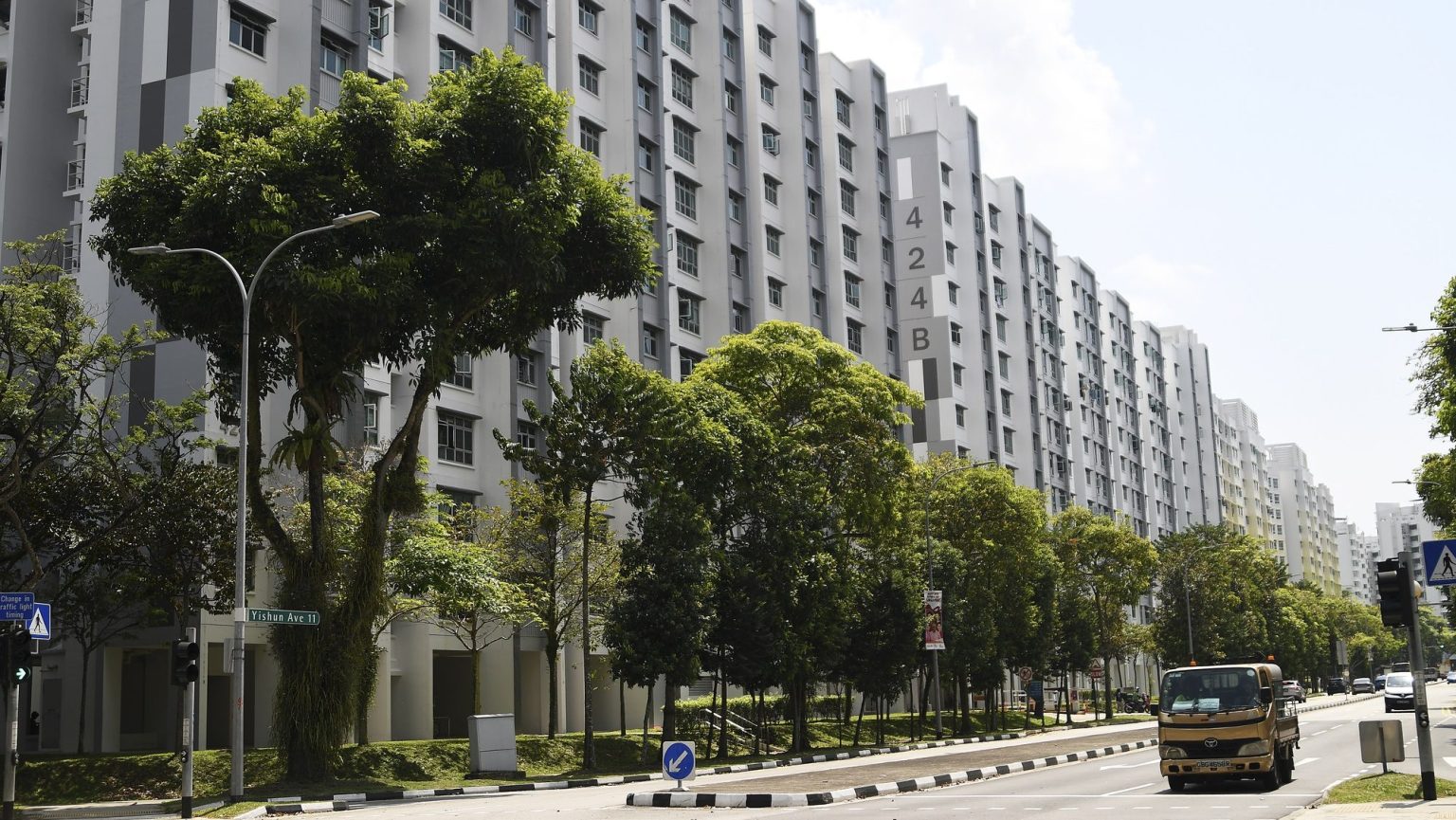Singapore’s citizenship policy plays a critical role in shaping the nation’s demographic and economic landscape. Senior Minister Lee Hsien Loong recently revealed that about 22,000 individuals are granted Singaporean citizenship annually.
During his speech at the Teck Ghee Citizenship Ceremony, Lee underscored the importance of immigration, describing it as “essential—even existential—for Singapore’s survival.” However, as the nation faces rising housing demand, questions arise about whether new citizens are contributing to this surge.
The country’s housing market continues to evolve, with insights from real estate experts shedding light on the interplay among citizenship, housing demand, and economic stability.
The link between citizenship and housing demand
According to a recent EdgeProp story, with housing demand continuing to soar, particularly since late 2024, it’s important to understand the role of new citizens in this growth. Wong Xian Yang, head of research at Cushman & Wakefield for Singapore and Southeast Asia, clarifies that foreigners must first acquire permanent resident (PR) status and hold it for at least two years before becoming eligible for citizenship. This waiting period means that most PRs, while subject to an additional buyer’s stamp duty (ABSD) of 5% when purchasing their first home, would likely secure a property after obtaining PR status—unless they are eyeing landed properties, which are restricted to citizens.

In February, the property market saw its highest developer sales in 13 years, signalling robust activity, yet when breaking down the market’s participants, it becomes clear that Singaporeans remain the dominant force. Singaporeans made up 92.4% of new home buyers, with PRs accounting for 6.9% and foreigners representing just 0.7%. Lee Sze Teck of Huttons Asia highlights that the market’s resilience is primarily driven by strong local demand, with new home sales for the first two months of 2025 hitting a 12-year high.
Homeownership culture: A pillar of Singapore’s housing market
A key factor behind Singapore’s strong housing market is the nation’s cultural emphasis on homeownership. Chia Siew Chuin of JLL Singapore points out that homeownership is viewed not only as a cultural preference but also as a stable long-term investment. This perception has helped sustain housing demand even amidst global economic fluctuations. According to the Department of Statistics, the homeownership rate in Singapore rose to 90.8% in 2024, up from 89.7% in the previous year. This increase reflects a trend of residents transitioning from public housing to private property, with a slight decrease in the proportion of HDB dwellers.

Another contributing factor to the housing demand is the increasing household formation rate. Sky Seah from the National University of Singapore’s Business School notes that household formation serves as a direct indicator of housing demand. Over the years, the rate of net household formation has fluctuated, but on average, it has increased by approximately 1.85% year on year. This growth, coupled with rising property aspirations, contributes significantly to the demand for housing.
The role of demographic shifts in housing demand
Beyond new citizens and PRs, demographic shifts also have a profound impact on Singapore’s housing market. Seah explains that while younger age groups have seen declining headship rates—the proportion of adults heading their households—there has been a notable increase in the headship rate for seniors aged 65 and above. This group, now comprising 52% of all households in Singapore, often taps into real estate equity, which influences housing trends as they adjust their living arrangements.
The trend of older individuals opting for independent living or reconfiguring their homes has added to the housing demand. As asset-rich seniors make more housing choices, their influence on the market is growing. While the non-resident population has been a key driver of post-pandemic rental demand, this shift towards ageing households is expected to continue influencing housing preferences in the coming years.
Challenges and outlook for the housing market
Despite the recent growth in housing supply, challenges remain for the Singaporean property market. As the government takes measures to stabilize prices and ensure affordability, JLL’s Chia warns that rapid price increases could prompt further cooling measures. Additionally, the introduction of a 60% ABSD for foreign buyers in April 2023 has had a noticeable impact on the Central Core Region (CCR), with foreign participation in non-landed property sales plummeting from 15.8% in early 2023 to just 3.7% to 6.6% in 2024.
Cushman & Wakefield’s Wong anticipates a shift in the latter half of 2025, as new project launches will focus more on the Rest of Central Region (RCR) and CCR, areas with higher prices. While demand for private homes remains steady, global economic uncertainty and rising interest rates may moderate demand. However, projects that offer value through attractive pricing or prime locations are expected to continue performing well.
As Singapore’s housing market grapples with evolving demand dynamics, it is clear that factors such as immigration policy, demographic changes, and market regulations will play a pivotal role in shaping the future landscape of the nation’s real estate market.




